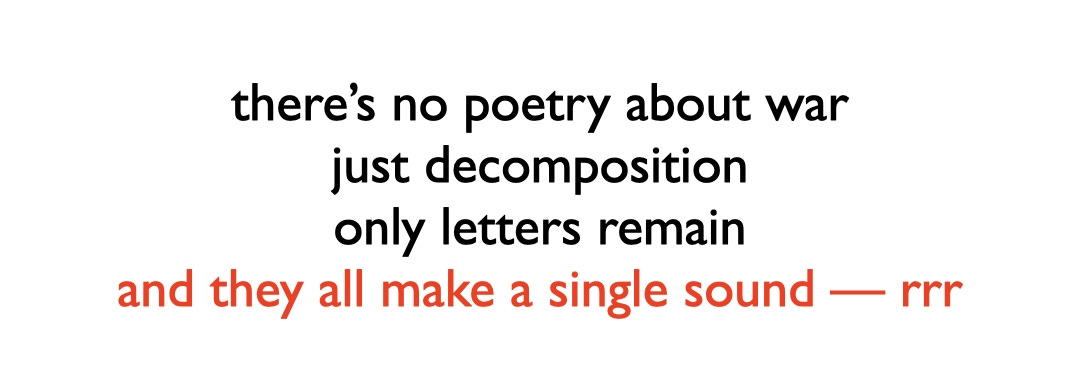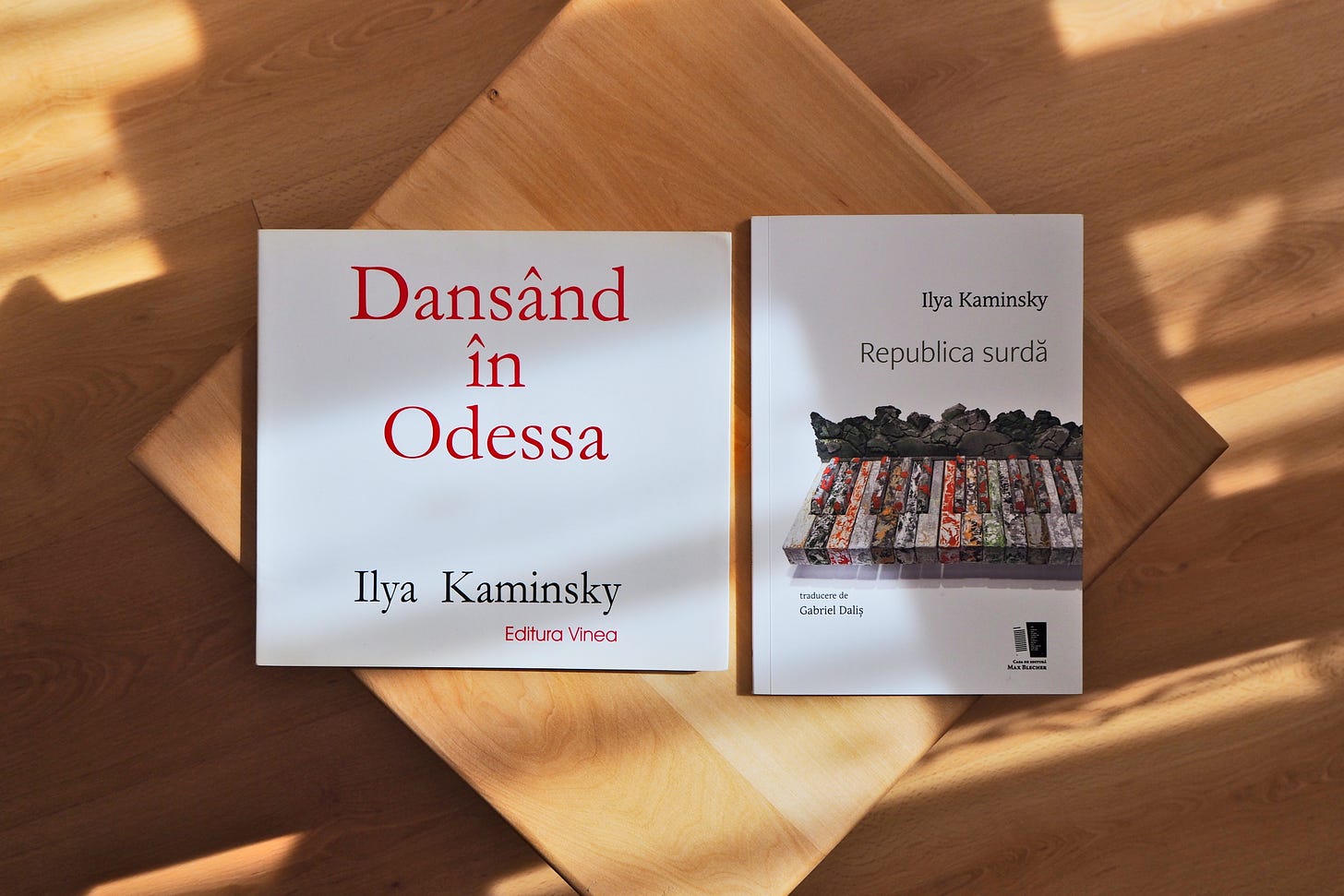Marko (DakhaBrakha):
Ironically, in the 21st century, our culture, and indeed Ukrainian identity itself, has to fight for the right to exist.
ascultat
DakhaBrakha - “ethno-chaos” - un proiect al Dakh Contemporary Arts Center, Kyiv. Pe repeat: Vesna.
Marko (DakhaBrakha):
For about 300 years the Russian empire has been trying to destroy Ukrainian culture, language, customs and history. In view of all this, we continue to fight for our own independence, so every concert is an attempt to talk about the freedom we deserve.
băgat la cap
Scriitorul Vasile Ernu:
Una dintre marile probleme ale României, mă opresc strict pe planul cultural, este totala necunoaștere a vecinilor. (…)
Vecinii noștri au o literatură foarte bună. Mai toți. Iar literatura ucraineană este de o calitate foarte bună. Și ce e important: a reușit să-și depășească complexul față de literatura rusă. A devenit autonomă, ieșit din umbră unei mari literaturi, fără a mai avea complexe.
Sursa: Libertatea.ro - 6 scriitori ucraineni care te vor ajuta să-i înțelegi mai bine pe vecinii noștri, pe care abia acum îi descoperim
descoperit: pe Lyuba Yakimchuk
Fragment din poemul “Decomposition”, de Lyuba Yakimchuk (traducere din ucraineană de Oksana Maksymchuk & Max Rosochinsky):
Pe Poetly găsiți integral poemul “Decomposition”, cât și poemele “Prayer” & Ashtray”.
De asemenea, recomand și textul Letter from Kyiv: to keep from weeping, we start cursing, din revista britanică The New Statesman:
When your country is destroyed, this destruction is reflected in everyday speech. Language changes along with lived reality. Who knows, maybe after we defeat the Russian occupiers, the idea of a children’s book called Putin khuylo will seem a little less seditious. (Lyuba Yakimchuk)
printat
& pus în scara blocului două dintre lucrările artistului Dan Perjovschi. Din nefericire, au rezistat doar câteva ore - minți tulburate de aur.
Desen din albumul Russiagression & putinwarcrimial:
Every drawing I post related with Putin aggression and invasion of Ukraine is copy left. You can share it, download it, print it out, protest with it, or stick on a Russian embassy wall, make a t-shirt. make a hat, tweet it, tiktok it, youtube it whatever you need...
urmărit: jurnale din Ucraina
Jurnalul audio al scriitorului Andrei Kurkov, pentru BBC Radio 4 - Letter from Ukraine: The day the world changed (ep. 1: Kurkov reflects on the tumultuous events of the last few days and his family's flight from their home in Kyiv).
Kurkov ține și un jurnal scris, pentru Grid.news - Remember me with a smile: A diary of war in Ukraine.
P.S. - Albinele gri, de Andrei Kurkov, roman aflat pe longlist-ul Dublin Literary Award 2022, este în curs de apariție la editura Paralela 45 (traducere de Antoaneta Olteanu).
Jurnalul vizual (de pe twitter) al fotografei Lisa Bukreyeva - “We fight for your freedom and ours. Don’t be quiet, or there’ll be no one left to stand up for you”.


Jurnalul fotojurnalistei & scriitoarei Yevgenia Belorusets - Tagebuch aus Kiew (pentru revista germană The Spiegel). Se poate citi și în engleză: pe Artforum ori isolarii.
Fragment din jurnalul Yevgeniei:
I walked back home. My little camera, which I like to carry with me, suddenly felt like a shield protecting me against vague suspicion. I thought about the power of the photographic image—a power that can be used to testify to what has happened, but which is also feared precisely for this reason.
văzut
Performance-ul sculptorului Yorane Lebovici - Machine à péter les têtes de cons, Poutine.
recitit
Dansând în Odessa (editura Vinea, 2007 - traducere: Chris Tănăsescu) & Republica surdă (Casa de Editură Max Blecher, 2021 - traducere: Gabriel Daliş), de Ilya Kaminsky.
Fragment din poemul Maestro (Dansând în Odessa):
Ce e memoria? ce anume face trupul să lumineze: o livadă de meri în Moldova și școala bombardată –când școlile sunt bombardate, tristețea e interzisă – scriu acestea acum și îmi simt greutatea propriului trup:





